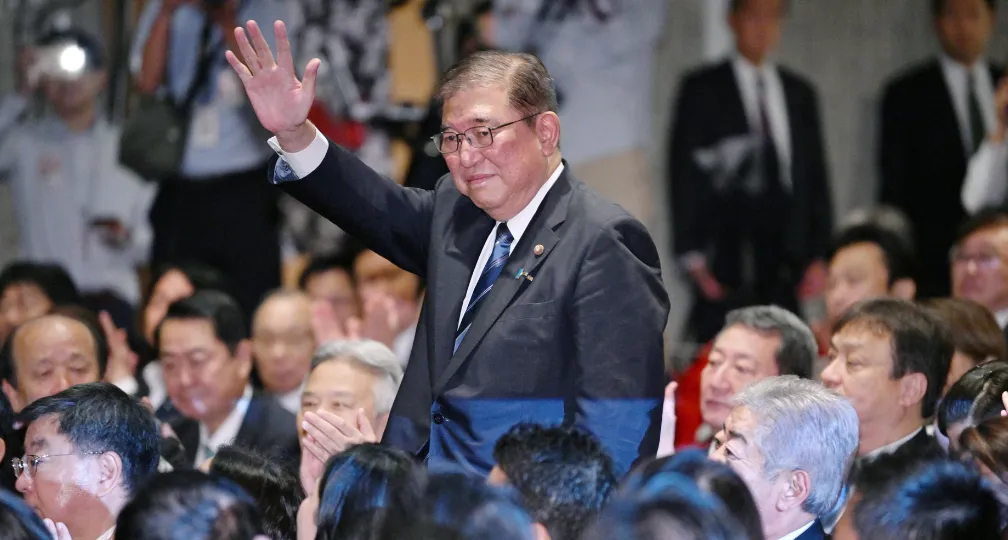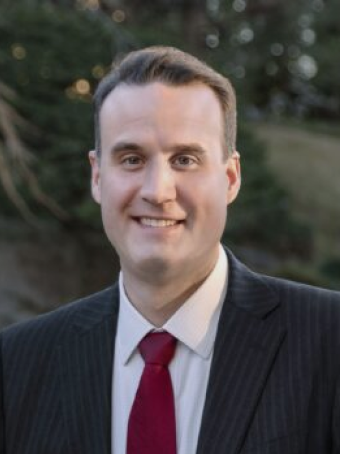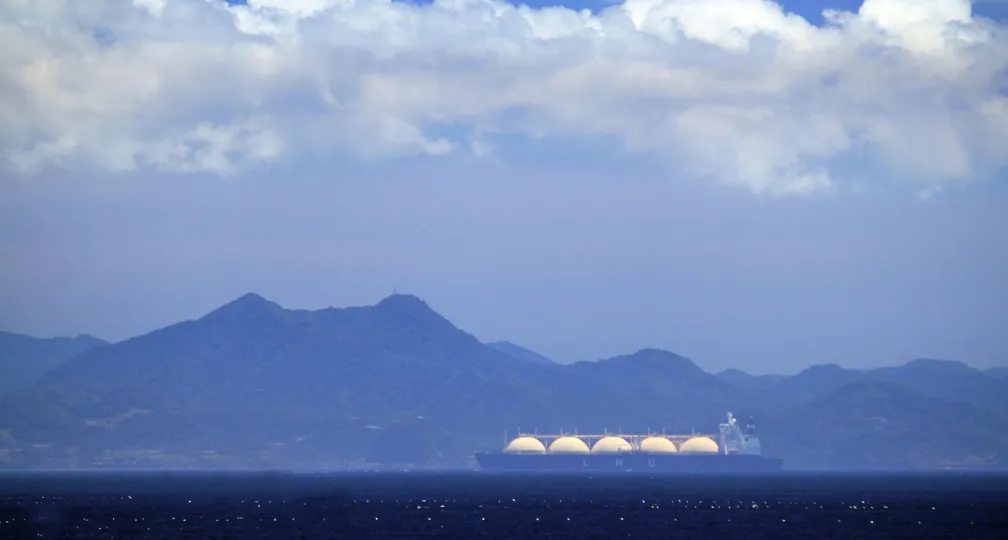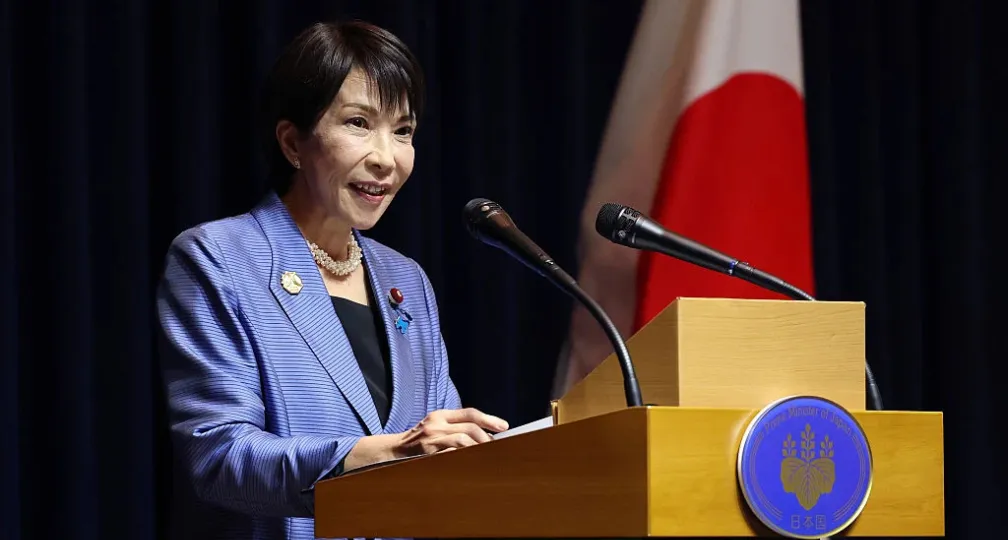IOG Economic Intelligence Report (Vol. 3 No. 21)

The latest regulatory developments on economic security & geoeconomics
EU Formally Approves EV Tariffs: The European Union formally voted to impose tariffs of up to 45 percent on electric vehicles (EVs) from China by a vote of 10 in favor, including France and Italy, 4 opposed, including Germany and Hungary, and 12 abstentions. The tariffs are due to take effect in November and would last for a period of five years. Despite the vote, China and the EU are expected to continue negotiations a WTO-compliant alternative that would control prices and export volumes from China instead of tariffs.
Fallout from the Port Strike: Congresswoman Michelle Steel (R-CA) has introduced the “Safeguarding the Supply Chain Act” in response to the recent port strike on the U.S. East Coast and Gulf Coast. The bill would introduce stricter guidelines for port workers to go on strike by expanding the Railway Safety Act which requires unions and their employers to explore all possibilities of mediation before the National Mediation Board before a strike can occur, provisions which have since been extended to airline workers.
New Rules for AI Chips?: Bloomberg reports that the Biden administration has considered capping exports of Nvidia and AMD advanced AI chips on a country-specific basis on national security grounds. According to the report, economies in the Persian Gulf are of particular interest given they growing market for AI data centers as regional governments attempt to diversify their economies from oil exports. Policymakers developing the rules have expressed concern about export caps potentially ceding market share to China, straining diplomatic relationship with regional governments, and how AI manufacturers may react. It’s also unclear if the new rules would be implemented under the Biden administration’s term.
Analysis: Deciphering Shigeru Ishiba’s International Economic Strategy
The year of elections has finally reached Japan, with new prime minister Shigeru Ishiba having assumed the presidency of the ruling Liberal Democratic Party and almost immediately calling a national election. Given that Japan has been one of the leaders in developing frameworks for economic security over the past decade, new leadership and a new government could be significant for Japan’s direction in this space, so it’s worth thinking about Ishiba’s approach to this space and where he might lead Japan for the duration of his tenure.
For now, the short answer to that question is that Ishiba simply has other things on his mind. His immediate task is to consolidate his position in the party and to secure a successful result in the upcoming election on October 27, both of which will be significant challenges and critical to his future in the prime minister’s office. Until that happens, Ishiba’s political capital is incredibly narrow. His past role as party “maverick” engendered resentment among many of his colleagues, a sentiment that was reflected in his narrow victory as party president and his rivals will be sure to exploit any electoral setbacks to their advantage. Whatever happens, it helps illustrate that the political capital and stability enjoyed by Abe during his tenure was more the exception than the rule, and Ishiba will have a much more fragile domestic political base from which to work.
For that reason, it’s difficult to know what’s a personal priority of Ishiba and what’s being offered for the sake of winning an election. His economic predilections seem to be faintly populist and not dissimilar from those of his immediate predecessor, Kishida Fumio. Ishiba has called for fairly anodyne measures like reducing Japan’s debt and rural revitalization (the prefecture he represents is Japan’s least-populated). More specific measures include calling for strengthening Japan’s industrial base and raising capital gains taxes on the wealthiest investors, though he was also willing to walk back from both positions – as well as others – pretty quickly.
Beyond that, international economics have never been much of a priority for Ishiba, who’s famously much more interested in defense issues. He’s never had to think very deeply about international economic issues – not everyone does, unfortunately – but maybe more worrying is that he doesn’t have a close circle of advisors or confidants that are well-versed in these issues either, much like how Shinzo Abe, not much of an economic expert himself, relied on economic experts like Keio University’s Heizo Takenaka to develop his “Abenomics” economic platform. Ishiba’s cabinet appointments, particularly in positions related to international economics, are relatively new to cabinet politics, reflecting Ishiba’s past status as an in-party opposition figure who wanted to reward those who supported him. It also reflects Ishiba’s determination to marginalize figures implicated by the spending scandal (many of whom were tied to Ishiba’s longtime rival Abe Shinzo and his faction). Both of these factors considerably shortened the bench of prospective appointees, but the influence of Japan’s bureaucracy should temper most problems related to potential inexperience. In all, it’s not easy to differentiate what are Ishiba’s own interests, what are those of his party, and what are those of the large policy infrastructure. To a point, this is as it should be in a parliamentary democracy where competing interests have to claim ground among competing stakeholders.
The good news, at least as far as international economics is concerned, is that there’s a broad consensus in the ruling LDP and in Japan’s government on Japan’s international economic strategy and the need for strengthening economic security. This makes international economic issues less likely to be “sacrificed” to tie down support from the party as was the case with Ishiba dropping the proposal to allow dual surnames. It also might make international economics a safe place to make his own mark if he wants to make progress on international issues. Kishida was himself a compromise candidate for the LDP presidency but managed to make significant progress on initiatives like Digital Free Flow with Trust and the Hiroshima AI Process. While Ishiba may not have the benefit of leveraging a G7 summit to move issues like this forward, there remains a broad recognition of the importance of economic security and digital governance across decision makers in Tokyo that will welcome progress on these issues. And while he might face international challenges from managing relations with his counterparts in the United States, regardless of who wins the election, and from China, he’ll also have a welcome audience among other Indo-Pacific economies who, like Japan, will want to make progress on building a rules-based system for these issues.
The exact shape of that progress will depend on Ishiba’s personal initiative and his political capital in Tokyo. The latter will become clearer after October 27, but the former remains a more open question. Ishiba could earn the benefit of the doubt because Japan doesn’t necessarily need big, bold action to recraft its economic security strategy, so any political “weakness” may not matter much, depending instead on Ishiba’s own efforts. His rival, Shinzo Abe, at least had the experts around him, the political capital, and the personal confidence to make progress. Ishiba could do the same if he choses.
Disclaimer: The views expressed in this IOG Economic Intelligence Report do not necessarily reflect those of the API, the Institute of Geoeconomics (IOG) or any other organizations to which the author belongs.
(Photo Credits: The Asahi Shimbun / Getty Images)
API/IOG English Newsletter
Edited by Paul Nadeau, the newsletter will monthly keep up to date on geoeconomic agenda, IOG Intelligencce report, geoeconomics briefings, IOG geoeconomic insights, new publications, events, research activities, media coverage, and more.


Visiting Research Fellow
Paul Nadeau is an adjunct assistant professor at Temple University's Japan campus, co-founder & editor of Tokyo Review, and an adjunct fellow with the Scholl Chair in International Business at the Center for Strategic and International Studies (CSIS). He was previously a private secretary with the Japanese Diet and as a member of the foreign affairs and trade staff of Senator Olympia Snowe. He holds a B.A. from the George Washington University, an M.A. in law and diplomacy from the Fletcher School at Tufts University, and a PhD from the University of Tokyo's Graduate School of Public Policy. His research focuses on the intersection of domestic and international politics, with specific focuses on political partisanship and international trade policy. His commentary has appeared on BBC News, New York Times, Nikkei Asian Review, Japan Times, and more.
View Profile-
 Japan’s Sea Lanes and U.S. LNG: Towards Diversification and Stabilization of the Maritime Transportation Routes2026.02.24
Japan’s Sea Lanes and U.S. LNG: Towards Diversification and Stabilization of the Maritime Transportation Routes2026.02.24 -
 Fed-Treasury Coordination as Economic Security Policy2026.02.13
Fed-Treasury Coordination as Economic Security Policy2026.02.13 -
 What Takaichi’s Snap Election Landslide Means for Japan’s Defense and Fiscal Policy2026.02.13
What Takaichi’s Snap Election Landslide Means for Japan’s Defense and Fiscal Policy2026.02.13 -
 Challenges for Japan During the U.S.-China ‘Truce’2026.02.12
Challenges for Japan During the U.S.-China ‘Truce’2026.02.12 -
 India and EU Sign Mother of All Deals2026.02.09
India and EU Sign Mother of All Deals2026.02.09
 Orbán in the Public Eye: Anti-Ukraine Argument for Delegitimising Brussels2026.02.04
Orbán in the Public Eye: Anti-Ukraine Argument for Delegitimising Brussels2026.02.04 Fed-Treasury Coordination as Economic Security Policy2026.02.13
Fed-Treasury Coordination as Economic Security Policy2026.02.13 When Is a Tariff Threat Not a Tariff Threat?2026.01.29
When Is a Tariff Threat Not a Tariff Threat?2026.01.29 Oil, Debt, and Dollars: The Geoeconomics of Venezuela2026.01.07
Oil, Debt, and Dollars: The Geoeconomics of Venezuela2026.01.07 India and EU Sign Mother of All Deals2026.02.09
India and EU Sign Mother of All Deals2026.02.09














